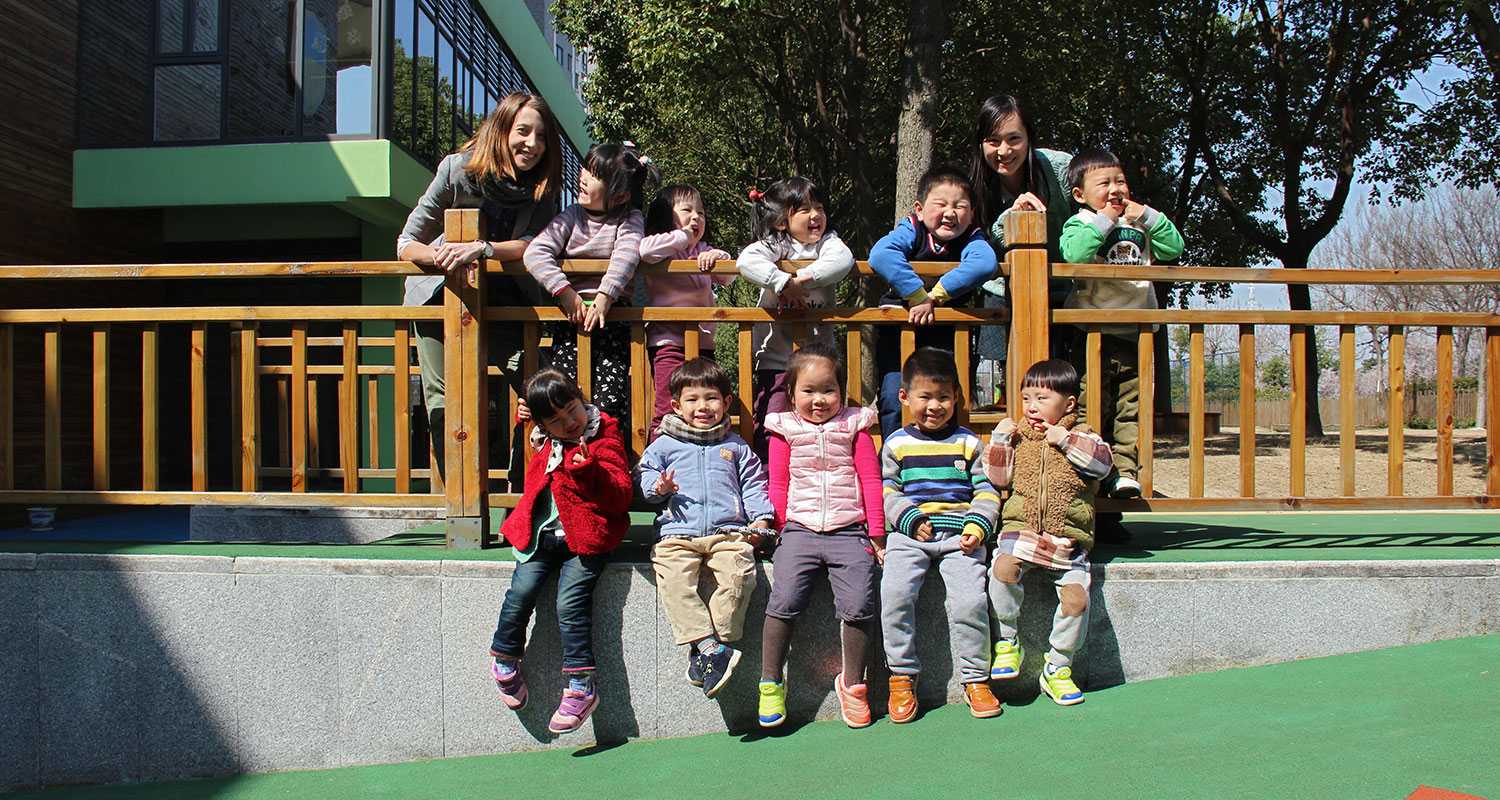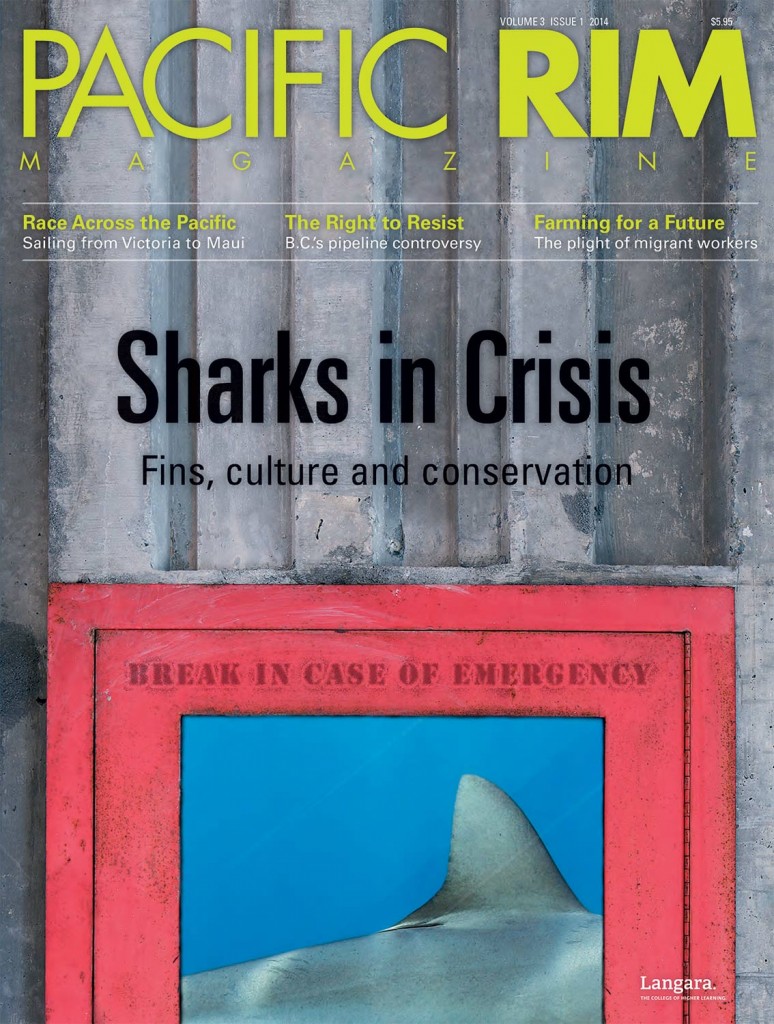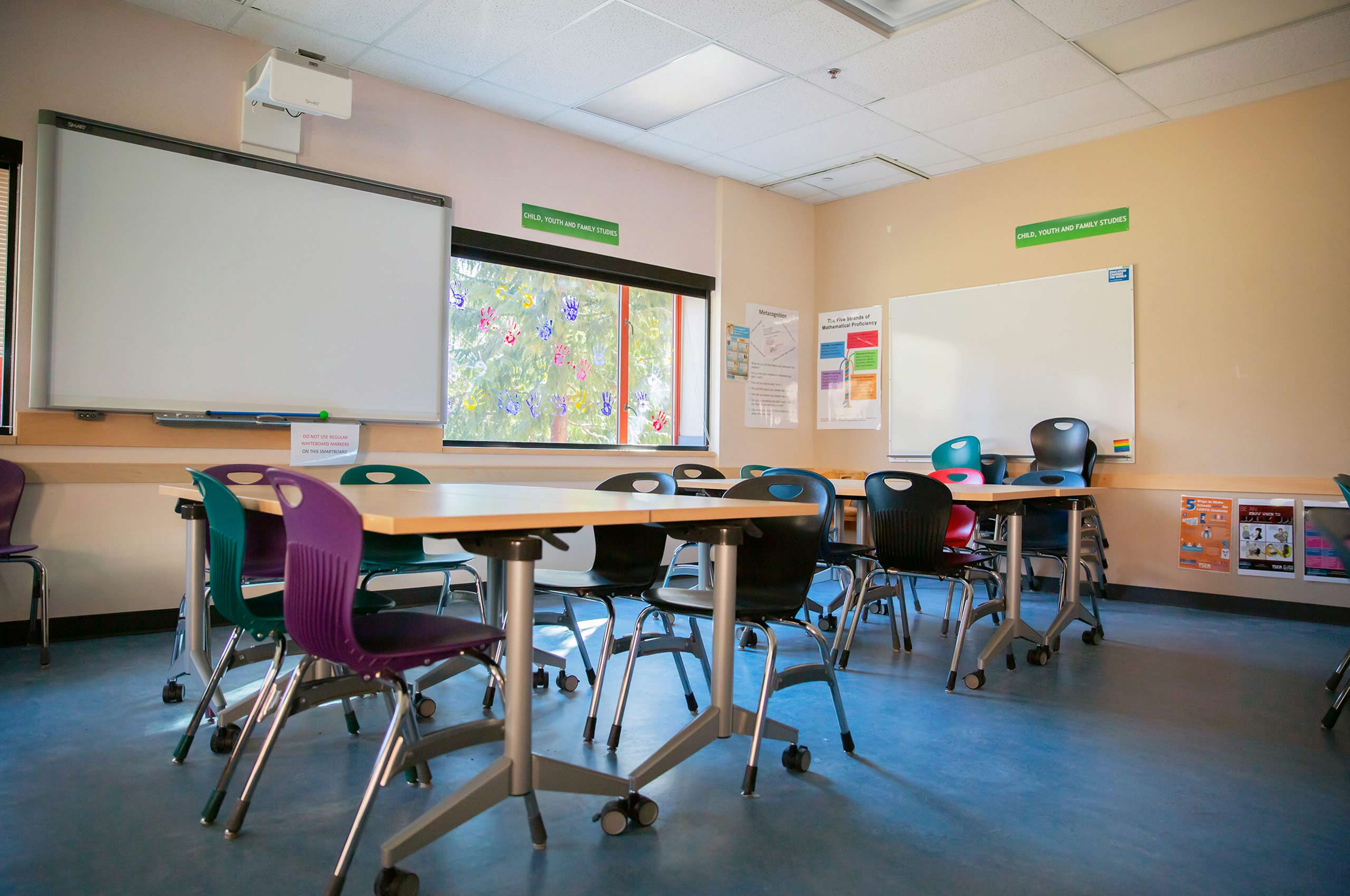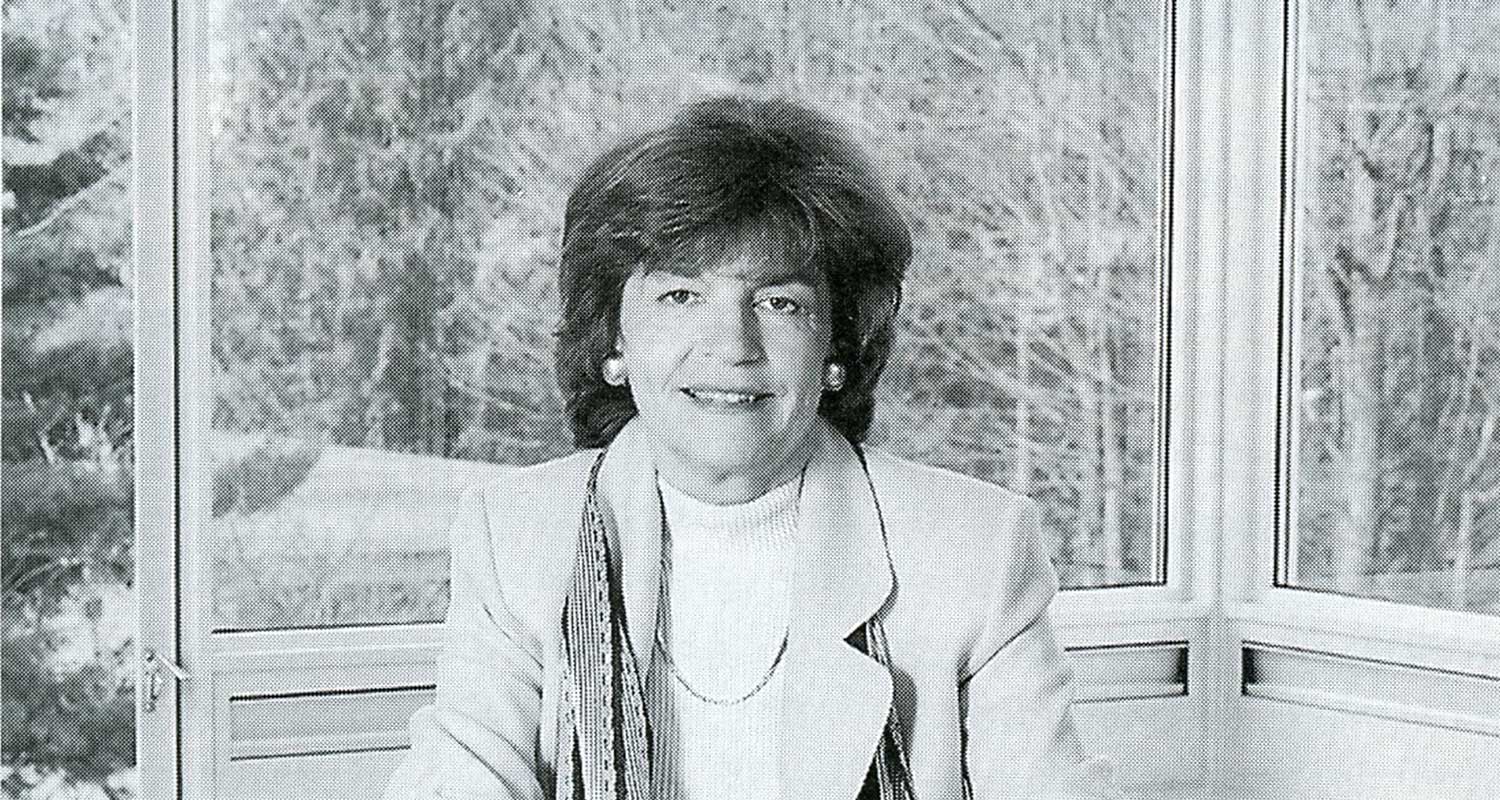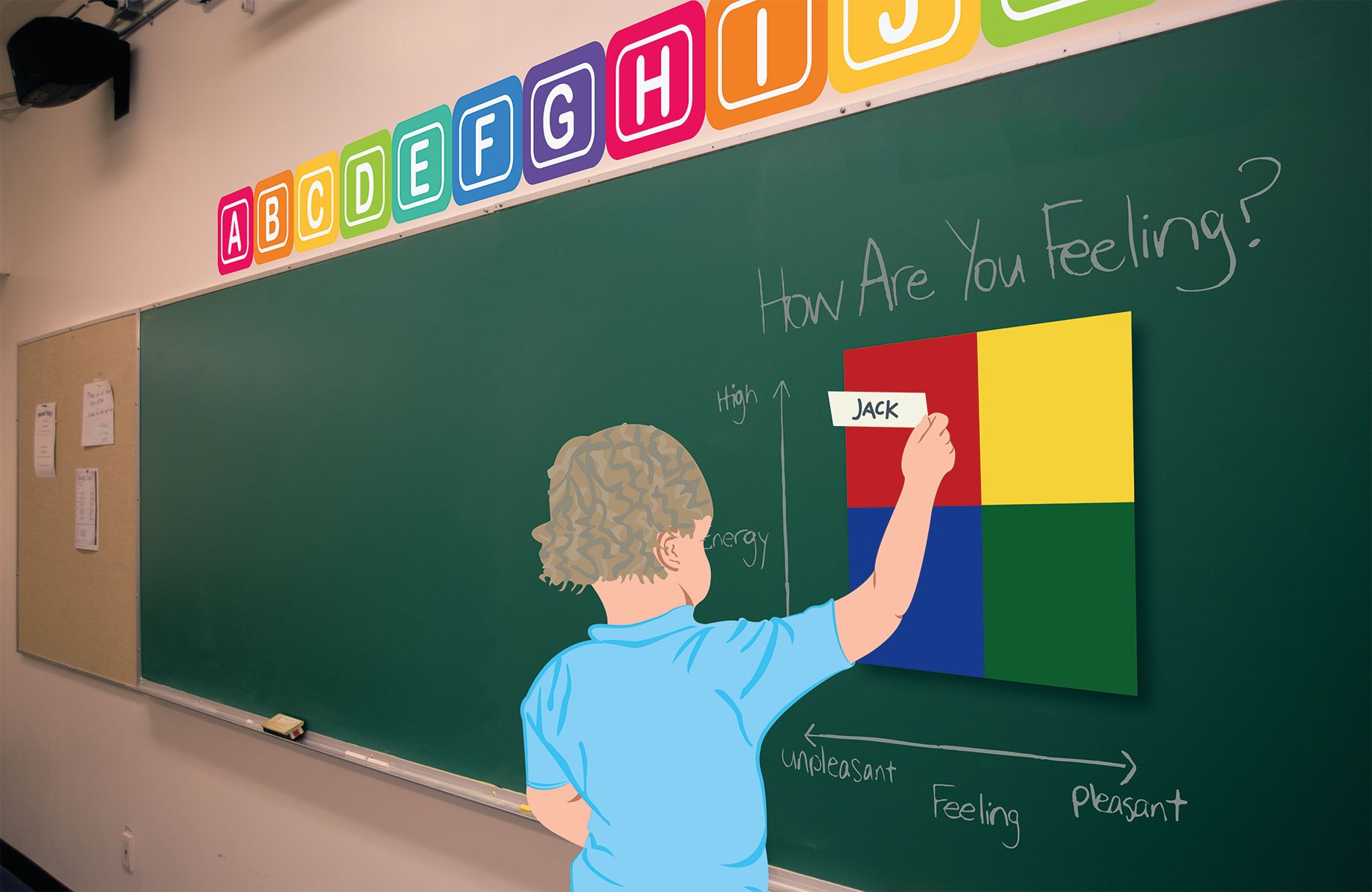As Air Canada Flight 25 hits the tarmac, reality sinks in. After 12 hours of flying, and an even longer process made up of job interviews on Skype, visa applications, police checks, travel doctor appointments, and many many tearful goodbyes, Jordan Meriano is brimming with anticipation upon arriving in Shanghai, China. At times it is still unbelievable that after months of scouring job postings, and attending teacher career fairs and filling out dozens of applications, she finally has a full-time teaching job—even if it took relocating halfway around the world to get it.
Each year, roughly 2,700 newly qualified teachers (NQTs) enter the B.C. job market only to get in line with previous years’ graduates and foreign candidates: all competing for the approximately 800 full-time (kindergarten to grade 12) teaching positions available in the province annually. Sixteen years ago, a surge in impending retirements saw Canada bracing for the mother of all teaching shortages; luckily, newcomers saw this as an opportunity to enter a career that was sure to guarantee employment. Unfortunately, the 2008 Global Economic Crisis resulted in government cutbacks to education, among other sectors. The subsequent benefit-package and mutual-fund reductions motivated many teachers to put off retirement, blocking the entry of prospective teachers. Coupled with the steady decline in birth rates following the baby boom era, not only are teaching jobs scarce in Canada, but there are fewer children to teach.
After months of searching for an elementary school teaching position, Meriano found herself turning to the international school market in hopes of better odds. “After conceding to the grim fact that I was not going to be teaching in Canada any time soon, I began to investigate overseas opportunities. International schools offered what Canadian schools couldn’t: jobs for NQTs like myself. It didn’t take much more convincing than that.”
The international school market has been gaining increased global recognition among teachers like Meriano, who are seeking out full-time positions. International schools are privately run educational institutions offering international K 12 curricula from countries such as Canada, the United States, Great Britain and Australia. “Students are taught a full breadth of subjects from mathematics, science, social studies and many other subjects that are mostly taught in English,” explains Canadian International School of Kunshan (CISK) Director of Education Norman Damaren. Damaren has spent the last 18 years working with international schools in countries such as China, Bangladesh and Malaysia. “We have a large population of expat children from all around the world and a teaching faculty that is equally as diverse—it brings a high level of cultural enrichment to both students and staff.”
Teachers are also from abroad, typically on two- or three-year contracts, but many choose to stay longer because of the benefits international schools offer. “I thought I would be in South Korea for two years, but it ended up being five. The school I taught at gave me a fair salary comparable to what I would make back home, but they also paid for my housing and part of my living expenses, allowing me to pay off student loans and travel on my time off—something I never would have been able to do if I was back in Canada,” explains Caitlin Osbourne, a teacher from Ontario. Most international schools provide round-trip airfare from the teacher’s home county, along with housing and living allowances. Additionally, many international schools honour holidays from both the country of residence and the country of origin, giving teachers the opportunity to travel and take advantage of many cultural experiences.
“Teaching overseas is great, but it is not to be confused with easy. There are many challenges, such as the incredibly high expectations placed on you by both parents and school, the work weeks that sometimes carry into the weekend, and the homesickness that can really get to some people who are away from home for the first time,” explains Kieran Drewer, a Canadian teacher who has taught in Malaysia and Kuwait. “Cultural differences such as religious traditions can sometimes be a challenge, but that is part of the experience,” he says.
While many people are still critical of the oversupply of teachers in Canada, there are many teachers, like Meriano, who view the situation from an entirely different perspective. “It is almost a good thing it is difficult to get into teaching, because if you really want to teach you are going to have to fight for it,” she says. “The ones that are in it for the benefits and summers off will soon give up and move on, and you will be left with a very passionate group of people that are just biting at the bit to get into a classroom to shape and inspire a new generation.”





